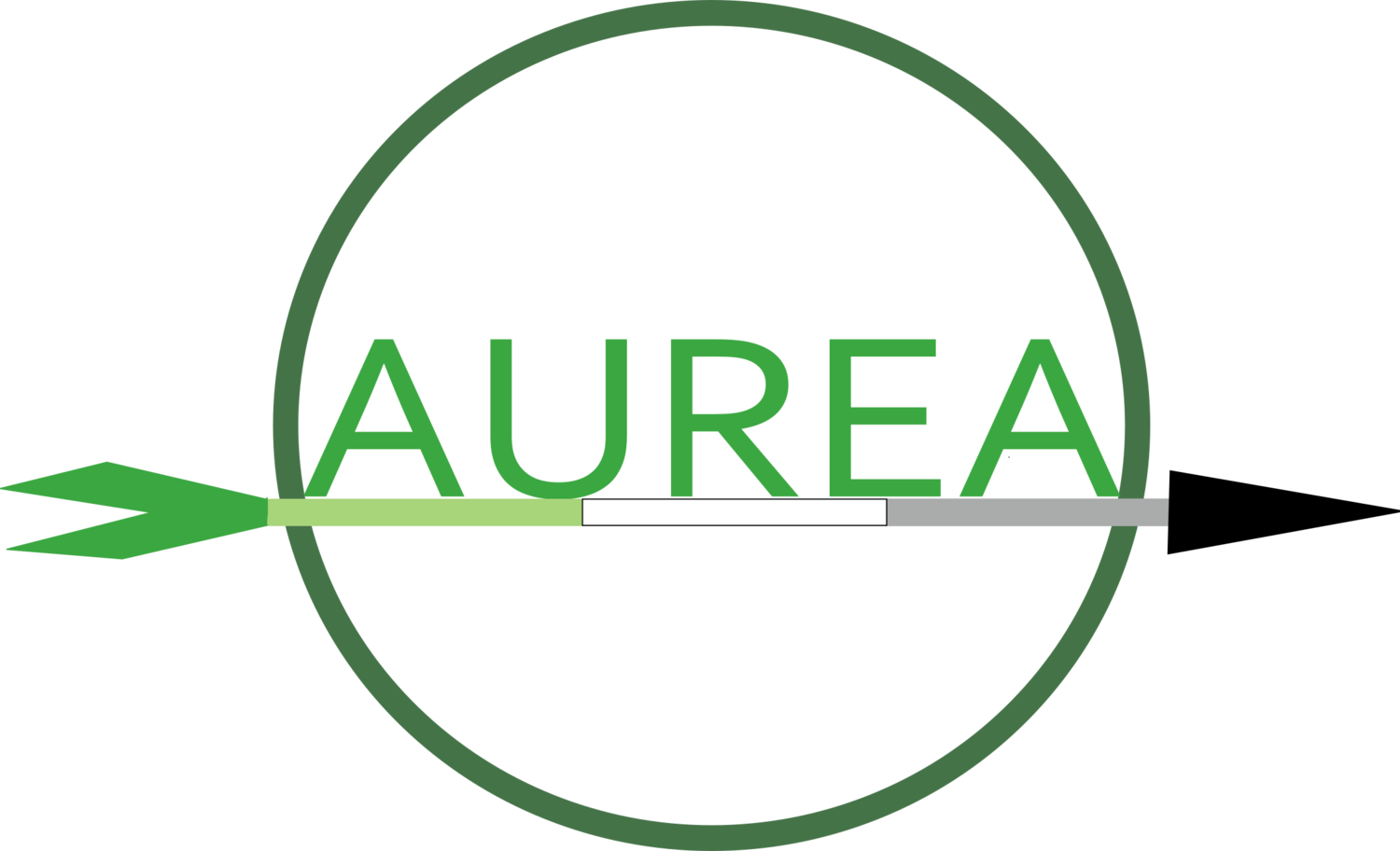Queerious Minds' Interviews Arlo
For ASAW our partner Queerious Minds has put together an interview series with aromantics. This is the second of three fantastic identity pieces.
Arlo
[Image Description: Inside a car a person is taking a selfie. The person has short blond hair, is wearing large glasses and overalls over a black t-shirt with rainbow lettering. They are smiling.]
What is your name?
Arlo!
What are your pronouns?
They/them.
Where do you feel you belong in the LGBTQIA+ community?
I identify with asexual, aromantic, and trans.
When did you first start to identify with being aro?
When I was about 18 or 19. It wasn’t any specific singular thing, it was just that I realised that other people’s experiences weren’t the same as what I was having. I saw people talking about aro and I believe a friend suggested it as something that might describe my experiences.
What do you think is one of the big misconceptions around aromanticsm?
That aro people don’t have emotions or feelings.
How do you deal with that pressure of people suggesting aro people don’t have emotions or feelings?
For me personally, if it’s any of my friends they know better, so none of them would say something like that. If it comes from a stranger, it doesn’t really affect me too much.
How have people reacted to you being aro?
The only people I’ve really come out to are my friends, and overall from that reaction it has all been pretty positive.
You’ve mentioned only coming out to your friends, how do you identify whether someone might be a safe person to disclose this type of information to?
I test the water first and see how they feel about asexual people, and nonbinary people, and then from that decide how accepting they may be.
Are there any red flags you look out for when disclosing information?
One thing I look out for is whether someone says just ‘LGBTQ’ community, without even putting a plus on the end. That type of exclusionary language is a huge red flag for me.
What do you feel is the greatest challenge you face as an aro person?
It’s hard to get any recognition with anyone outside the community.
Another thing that I have struggled with is looking around and seeing all the people close to me who, as soon as they got into a relationship, take a step back from their friendships. That was very difficult to get past. That is some more advice I have for people who aren’t aro, even if you don’t have aro friends. Don’t let your friendships fall by the wayside for a romantic relationship.
What can LGBTQIA+ individuals and our allies do to better support aro people?
Show stories that are true to aromantic people, and not have all the media and fictional story telling being brought back to people wanting or needing to be in relationships.
Are there any suggestions you have for people on how to approach an aro person about their aro identity?
I would suggest that they be very polite about it firstly. Also, do some basic research beforehand to get an understanding of certain terms. It saves a lot of emotional labour.
What is one thing that you’d like the world to know about aromanticsm?
That it is incredibly liberating! It is the best thing.
What is some advice you might give to someone who is unsure about their sexual and/or gender identities?
Take it slowly. There is no pressure to pick a label and stick with it. And don’t be afraid to change labels. Even if five years down the line something you thought about yourself changes, that’s ok. It can be harmful in the long-run to not let yourself change.

![Arlo[Image Description: Inside a car a person is taking a selfie. The person has short blond hair, is wearing large glasses and overalls over a black t-shirt with rainbow lettering. They are smiling.]](https://images.squarespace-cdn.com/content/v1/5cb6e4d565019f0c5aa6cf20/1614120598463-3JHREA1PYKC8WNL0PNYZ/153391233_220271969819284_9034871518890736046_o.jpg)